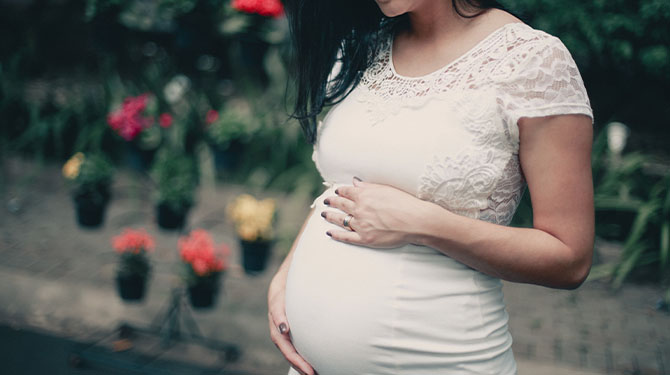Soothing and Comforting Your Baby
Babies exposed to substances in pregnancy are unable to do more then one thing at a time. This is because of the discomfort their body has. Often, they need help to control their body with swaddling or a snugly, wrapping them to control their movements and provide comfort.
When your baby is crying, attempt to calm him or her before the baby reaches a frantic state.
The “C” position – holding or laying the baby in a semi circle, curling the head and legs in to form the letter “C” – gives the baby a sense of control and will help him or her to relax. As the baby improves, the “back to sleep” position is used.
Slow rhythmic swaying or vertical rocking also helps to settle and relax an upset baby. A position that babies find comforting is by holding him or her about 2 inches away from your body, facing away from you and moving in a slow rhythmic sway from head to toe while in a “C” position.
Do not rock your baby back and forth or swing or bounce your baby. These movements are jarring to your baby.
Slow, gentle patting of the baby’s diapered and blanketed bottom can be soothing. If your baby does not respond well, it may be overstimulating him or her, and another comfort measure should be tried.


